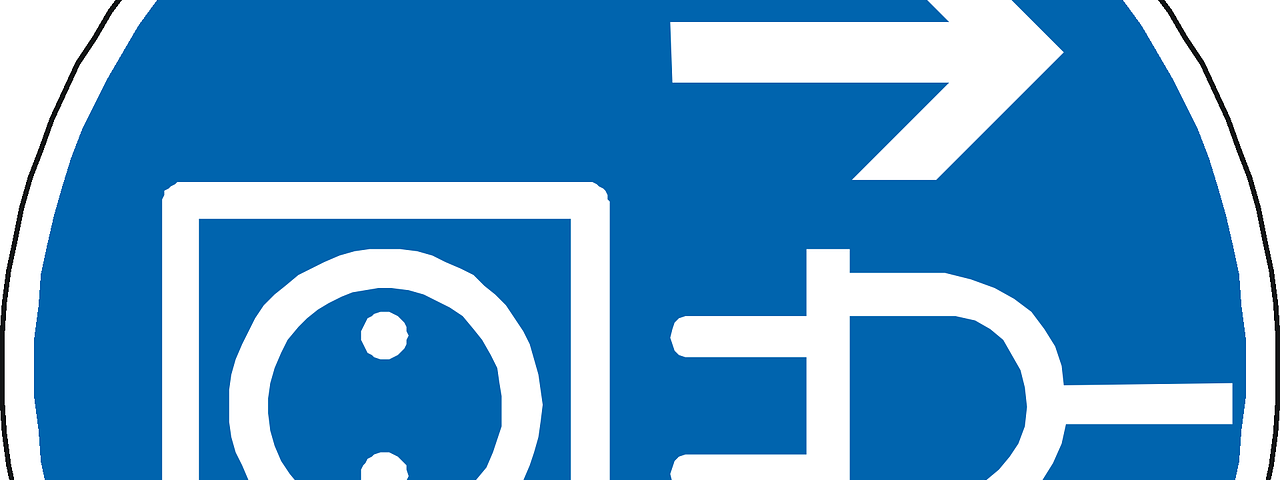
Tagged in
Action Research
A little more action research
This publication is intended as a resource for EFL teachers interested in evidence-based teaching and current research on language learning. It’s also a place for them to share their own invaluable insights from the world of teaching.
More informationFollowers
More, on Medium
